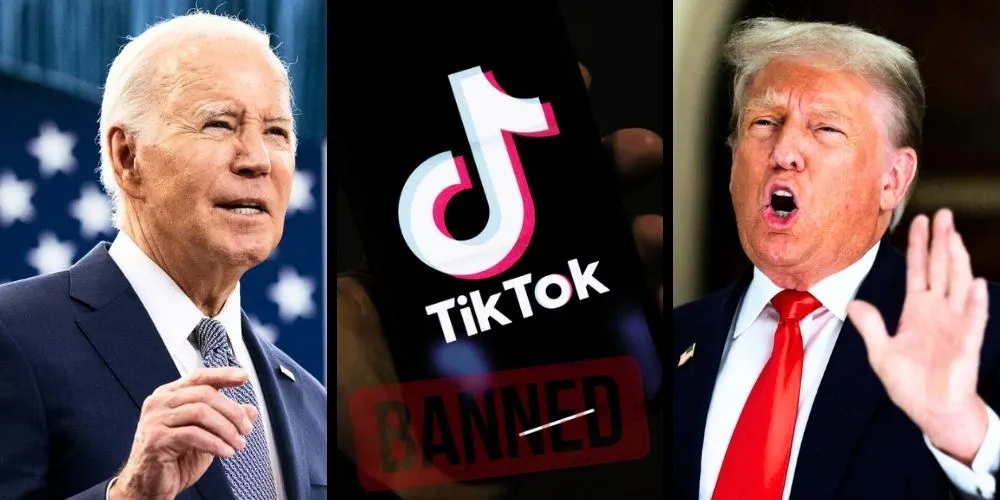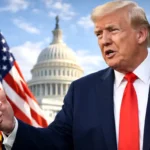Key Points
- The Supreme Court debated TikTok’s potential ban over national security concerns tied to ByteDance’s Chinese ownership.
- The case raises First Amendment questions about free speech and content control.
- Chief Justice Roberts and others emphasized the risks of espionage and covert influence.
- Biden’s administration views TikTok as a security threat, while Trump supports delaying action for further negotiation.
On Friday, the U.S. Supreme Court appeared inclined to uphold a law mandating TikTok’s sale or potential ban by January 19, citing national security concerns tied to the app’s Chinese parent company, ByteDance. During intense arguments, the justices probed lawyers from TikTok, ByteDance, and app users about the risks of the Chinese government leveraging TikTok for espionage and influence operations.
Chief Justice John Roberts questioned TikTok’s counsel, Noel Francisco, about ByteDance’s obligation to China’s intelligence efforts, highlighting national security risks. The case challenges a law passed with bipartisan support and signed by outgoing President Joe Biden. TikTok and its users argue the law infringes on First Amendment free speech protections.
Concerns over national security dominated discussions, with Justice Brett Kavanaugh raising the possibility of China exploiting TikTok’s user data to recruit spies or engage in blackmail. The app has over 170 million American users, roughly half the population. Francisco countered that the law targets speech by seeking to control TikTok’s content and called for a temporary stay to allow the incoming administration of President-elect Donald Trump to address the issue politically.
The Biden administration defends the law, arguing that Chinese government control of TikTok presents a grave threat to U.S. security. U.S. Solicitor General Elizabeth Prelogar emphasized the risks of China’s access to TikTok’s vast data trove, describing the app as a potential weapon for espionage and covert influence. Justice Elena Kagan balanced these concerns against free speech protections, referencing Cold War-era cases involving the Communist Party.
Francisco warned that TikTok would essentially “go dark” without divestiture. ByteDance’s sale of TikTok could take years, further complicating the timeline. Prelogar defended Congress’ authority to act, citing a tradition of restricting foreign control over critical communication infrastructure. The justices weighed the potential for an administrative stay, which would temporarily freeze the law while deliberating further.
The case unfolds amid heightened U.S.-China tensions and underscores the geopolitical stakes of digital platforms. A decision could shape the future of foreign-owned social media in the U.S., with implications for free speech, national security, and global tech policy.




